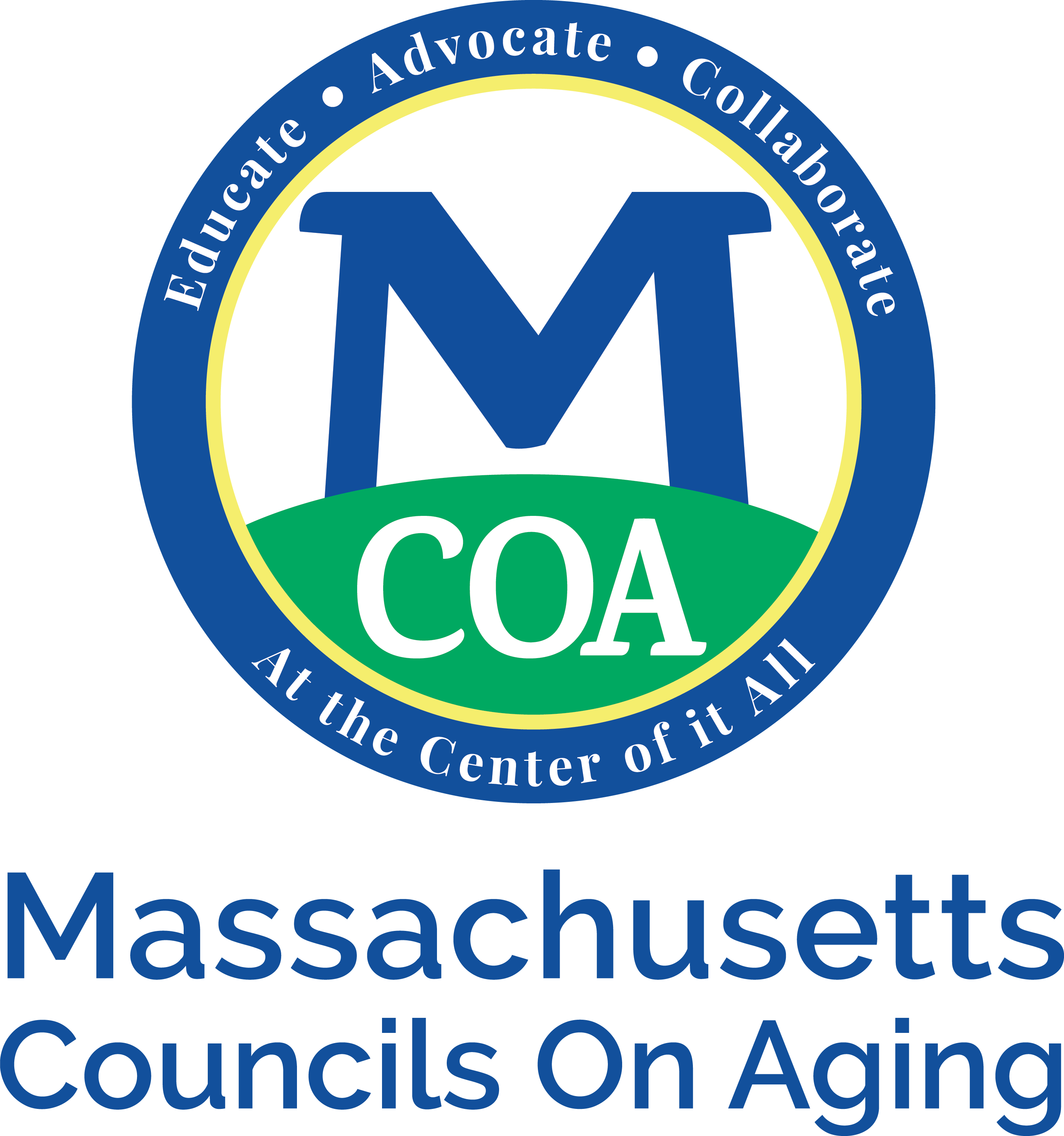 Some may remember that in March of this year the US Senate’s Special Committee on Aging distributed an RFI, seeking written testimony from people with lived experience and other stakeholders on the effects of hoarding. Committee members have finished their report, and responses from Massachusetts were strong. You can read or download the report here:
Some may remember that in March of this year the US Senate’s Special Committee on Aging distributed an RFI, seeking written testimony from people with lived experience and other stakeholders on the effects of hoarding. Committee members have finished their report, and responses from Massachusetts were strong. You can read or download the report here:
The report is long; one way to dip in is to start with the statements from people in Massachusetts—all of the pieces of the report are conveniently hyperlinked in the table of contents, and you can search for any word using ctrl/F on your keyboard. You will probably recognize some names of well-known hoarding disorder advocates and experts from MA. The statement written by members of the MA Hoarding Resource Network Steering Committee can be found on page B-106.
There are several statements from task forces around the country, and federal support for hoarding task forces is the top recommendation in the report:
SAMHSA and ACL should provide training, guidance, and technical assistance
regarding HD. Although HD is relevant to the mission of the Substance Abuse
and Mental Health Services Administration (SAMHSA) and the Administration for
Community Living (ACL), neither agency identified programs specific to the con-
dition. SAMHSA and ACL should develop training, technical assistance, and other
guidance for social service providers, health care providers, and first responders
on how to respond to HD. Technical assistance should include tips and training for
professionals likely to encounter people with HD. Technical assistance should also
include guidance for communities on establishing a coordinated, evidence-based
response to HD – including best practices for forming and sustaining hoarding task
forces (page 43)
The statements from people living with hoarding disorder are particularly powerful and support the idea that with consistent, skilled assistance, people living with this disorder can make meaningful change in their lives.


